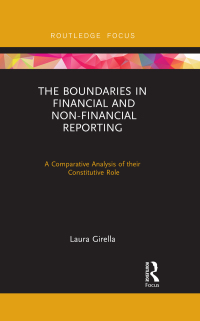Double tax agreements are favourably perceived by most multinational enterprises. Many are reluctant to invest in a country unless there is a double tax agreement
Double tax agreements are favourably perceived by most multinational enterprises. Many are reluctant to invest in a country unless there is a double tax agreement negotiated between that country and the country where they are headquartered. There is also a perception that such agreements favour multinational investors at the expense of the developing countries where they invest.
ABC Corporation is an electronics manufacturer which is resident in Canada. It is planning to open a factory in Country X, a developing country in Southeast Asia. The objectives sought from opening this factory are to take advantage of low cost labour available in Country X, and to access the large domestic market in Country X, as well as supply customers in adjacent countries.
ABC will incorporate a subsidiary company in Country X which will be resident in Country X for income tax purposes. The Canadian parent will licence its intellectual property (patents and trademarks) to the Country X subsidiary. From time to time it will also send its Canadian technical staff to the Country X factory for 1-2 months at a time to support its operations.
Unusually, Country X is not offering ABC any tax incentives to invest there. Its civil service and tax administration is poorly trained and underpaid. They have a reputation for being corrupt, but ABC cannot engage in any corrupt acts there due to Canadian legislation.
Canada and Country X have recently concluded a double tax agreement which is substantially the same as the 2017 OECD Model. ABC is very pleased that this double tax agreement has been negotiated as it believes it will provide them with some protection in income tax matters from an administrative perspective and also will limit the amount of tax they might otherwise have to pay in Country X.
Required:
Consider Articles 4, 5, 7, 9, 10, 11, 12, 13, 15, 16, 23B, 24 and 25 of the 2017 OECD Model Agreement. Critically examine each article individually and briefly explain to what extent each one may provide an advantage for ABC in respect of taxation in Country X in constraining how it can tax ABC in the absence of a double tax agreement.
Step by Step Solution
There are 3 Steps involved in it
Step: 1

See step-by-step solutions with expert insights and AI powered tools for academic success
Step: 2

Step: 3

Ace Your Homework with AI
Get the answers you need in no time with our AI-driven, step-by-step assistance
Get Started


